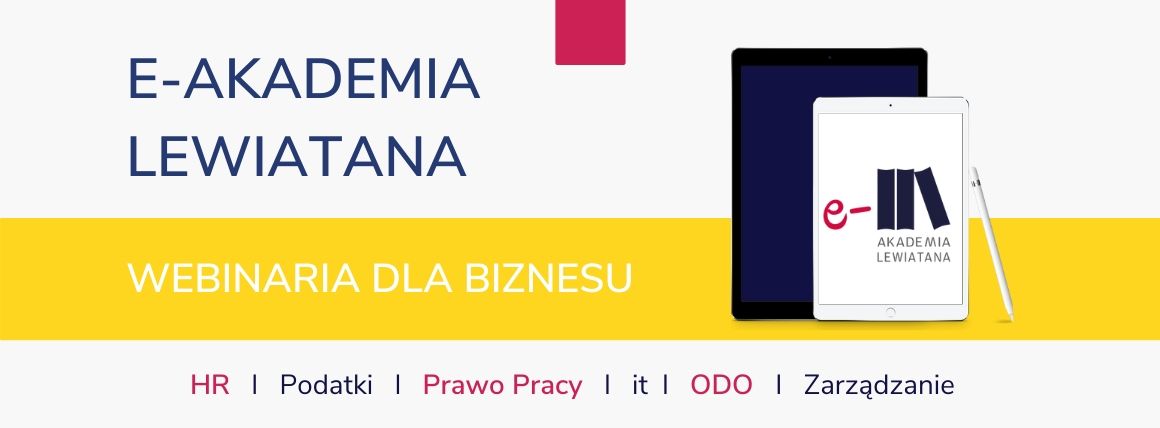Konsultacje systemu handlu emisjami w UE
2013-02-28
Polish Confederation of Private Employers Lewiatan contribution to the consultation on structural options to strengthen the EU Emissions Trading SystemIn response to the public consultation on structural options to strengthen the EU
Emissions Trading System I would like to express Lewiatan's opposition to any
short-term market interventions in the current EU ETS period (2013-2020).
What business expects from the European Commission is to create stable and
predictable legislative conditions which are essential for business' investments.
There has been a long process with the involvement of all stakeholders to establish
conditions for the third trading period. Therefore we call on EU policymakers to
avoid any structural changes in the current EU ETS period.
The purpose of the ETS is to reduce CO2 emissions in a cost-effective and
economically efficient manner. The current low price of carbon allowances is a
natural consequence of a functioning market mechanism. As emissions fall so the
demand for CO2 allowances falls and the price of those allowances also decreases.
The current low demand for carbon allowances is a result of the economic
downturn. Recovery from the crisis will be a natural impulse for the increase of the
price of allowances (Fig.1).
Fig. 1. Foreseen relation of GDP growth to CO2 price
The Commission's interventions, creating artificial increases in the CO2 price, will result in higher
energy prices for European industry and consumers. Such unjustified, high-cost policy is inconsistent
with the current efforts focused on reaching an affordable and competitive low-carbon economy in a longterm perspective.
The importance of competitive energy prices is also highlighted in the COM(2012) 582/3 "A stronger
European Industry for Growth and Economic Recovery". The document says that "The impact on the price of energy in Europe should be carefully considered when defining future energy policies". European industry is already facing higher energy prices in comparison to industries in other economic regions (US, Asia). In the last decade energy prices for the European industry have increased about 45%, decreasing its global competitiveness. Taking into consideration discussions on the EU-US free trade agreement, European climate policy can not be based on the high energy prices, especially in the situation when US shale gas revolution has additionally decreased energy prices in America. Therefore, further price increases triggered off by political interventions in the EU ETS are not acceptable.
That is why, Lewiatan is strongly opposed to the short term interventions in the EU ETS.
However, we perceive a need to establish an open and wide debate, including all stakeholders,
on the structural reform of climate, energy and industrial policies post 2020. Transparent and
predictable regulatory framework post 2020 will help to move forward investment in low
carbon solutions in Europe and development of sustainable business.
Please find below Lewiatan's comments on the proposed options:
Option a: Increasing the EU reduction target to 30% in 2020
The European Council has decided that the decision to increase the 20% EU reduction target will take place only if other industrialized countries commit to comparable emission reductions. Taking into consideration poor progress on the global climate negotiations Lewiatan is against a unilateral increase of the EU reduction target to 30% in 2020. Such a decision would be harmful for the competitiveness of European industry and the economy as a whole.
Option b: Retiring a number of allowances in phase 3
The permanent retiring of a number of allowances from the amount foreseen to be auctioned is an option more radical than backloading, which Lewiatan opposes. In our opinion setting allowances aside is a significant infringement of principles of ETS - market-based mechanism with clear and predictable rules. Such political intervention, which the Commission is intending to make, seriously undermines the credibility and predictability of the scheme. Furthermore it would increase the cost for EU industry and would weaken the competiveness of all European business sectors.
Option c: Early revision of linear reduction factor
This option would have consequences on the EU ETS even in the post 2020 period, so it needs to be
properly assessed. Climate policy post 2020 must be the subject of an open and wide discussion, definitely not an arbitrary decision made by the European Commission.
Option d: Extension of the scope of the EU ETS to other sectors
In principle, broadening the EU ETS to other sectors should be considered. Especially, transport, building and agriculture should be analyzed more deeply. There are technologies and products for these sectors to improve their energy and CO2 efficiency. However, any changes to the ETS need to be preceded by exhaustive analysis and impact assessments, especially whether the inclusion of other sectors under the EU ETS would be a more cost-efficient alternative to the existing framework.
Option e: Limit access to international credits
International credits have been introduced to protect the climate globally. Credits support technology
transfer and connect emerging carbon markets across the world. Furthermore, through international credits European industry may optimize abatement costs. That is why limiting access to this option will influence the industry and will weaken the EU's position and influence at global climate policy negotiations.
Option f: Discretionary price management mechanisms
Introducing a carbon price floor mechanism and a carbon price reserve is a fundamental change of the idea of the current EU ETS, which is a market based mechanism. These price regulating mechanisms would shift EU ETS towards an administration-dependent system, which creates additional risks for business.
Polska Konfederacja Pracodawców Prywatnych Lewiatan


